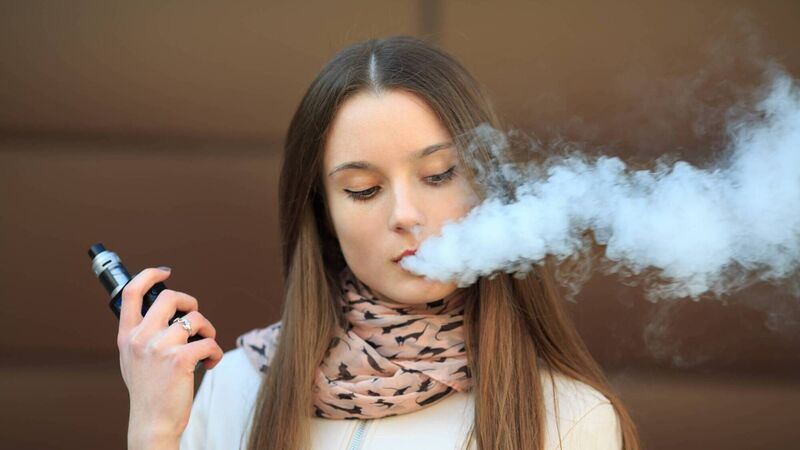Dr Catherine Conlon: We led the way on smoking laws, let’s do the same for vaping

Older people might enjoy the menthol flavour whereas fruit and sweet flavours can be more attractive to younger people.
The Australian government has announced a decision to ban all disposable vapes, which often come in fruity flavours, to ban the import of non-prescription vapes, and to limit nicotine levels, with the intention that the sale of vapes will be confined to helping smokers quit.
The legislation is designed to tackle the surge in teenage vaping and includes minimum quality standards restricting flavours, colours and ingredients. Products will be required to have pharmaceutical-like packaging, and the concentration and volumes of nicotine will be controlled.
















